#energy
Nissan Taking On Tesla Powerwall With Recycling Approach
Nissan is looking to take on Tesla et al in the stationary energy storage game with their own battery solution. However, unlike the Silicon Valley based electric car manufacturer and ZEV credit printing press, the Japanese automaker is looking to take a much greener approach.
Instead of building fresh batteries for commercial stationary applications, Nissan will instead reuse lithium-ion batteries from the LEAF with partner Green Charge Networks.
While You Were Sleeping: Jeep GC Pickup Render, Brilliance V3 Debut and Jobs, Jobs, Jobs (Or a Lack Thereof)
As trucks ride a heat wave of interest from consumers, I look at this Grand Cherokee render and think, “That’ll do.”
Biggest Supplier of U.S. Foreign Oil Elects Democratic Socialist Government
Last night, it became official: Alberta, the largest producer of oil in Canada, ended the 40 year reign of the Progressive Conservatives in favor of the New Democratic Party (NDP), a democratic socialist party.
This could mean big changes in the energy sector, from oil patch to gas pump.
Dude, Where's My Cheap Gasoline? The Truth About Oil Part III
If you drive a Tesla, Leaf or a Volt, you may not have been to a gas pump lately. For the rest of us you’re probably wondering how in the Hell did he get it so wrong! There are some pretty amazing things happening in the oil industry, and a perfect storm gathered to spike gasoline prices in the short term, and has set up a tidal wave of oil that could completely collapse both crude oil and refined fuel products just as the summer driving season begins.
US Once Again the Swing Oil Producer: Whither Gas Prices?
Despite a collapse in oil prices of 50 percent since summer’s end, Saudi Arabia, whose vast production capacity has enabled that country to modulate world oil prices by adjusting its output, “effectively resigned from that role,” Daniel Yergin wrote in this past Sunday’s New York Times Week in Review. “…OPEC handed over all responsibility for oil prices to the market, which the Saudi oil minister, Ali Al-Naimi, predicted would ‘stabilize itself eventually.’”
A Brief History Of The Oil Crash
Reuters Energy analyst John Kemp has published a timeline of events that explain the latest crash in crude oil prices. As energy prices enter a new era, we’ll be focusing more and more on this sector, and how it relates to the automobile.
Pundits Push Gas Tax Hike From Left and Right
Last week, I bought gasoline for less than $2/gallon for the first time in probably more than a decade. A tankful for my ’08 Civic (stick) cost me sixteen whole dollars and fifty-three cents.
Now two leading thinkers, one from each party, have called for taking the opportunity of low gas prices to slap a tax on petroleum—or on carbon.
Ur-Turn: The Truth About Oil, Part Two – The Good, The Bad, And The Ugly
In the 1966 Spaghetti Western classic The Good, the Bad, and the Ugly, the three principal characters come together in what is considered the most iconic standoff in cinematic history. Three parties hostile to each other and the first one to shoot is the most likely loser.
Is This E85's Time To Shine?
The recent fall in fuel prices isn’t just an opportunity for Americans to demonstrate their collective inability to remember the events of even the recent past; it’s also a decisive hammerblow to E85 plants and retailers across the country.
This has to be the case, right?
It's Official: Oil Is Now Cheaper Than Whisky
Consumers On Track To Save $80 Billion Due To Lower Gas Prices
President Obama Says New CAFE Standards Will Save Average Driver $8,000 a Year.
Last week in a speech at Daimler owned Freightliner truck plant, President Obama said that the new 55mpg CAFE standards will save a typical American family $8,000 a year on gasoline. That would be great news to most American drivers if it were true but the president took political science and law courses in college, not math. Or maybe his math isn’t off.
Blind Spot: Obama No Longer Dreams Of Electric Cars
“The electric things have their life too. Paltry as those lives are.”
Phillip K. Dick, Do Androids Dream Of Electric Sheep?
At the High School I attended, progress reports were never a good thing. Halfway through each term, students who were averaging a D or lower would receive a print-out of their grade accompanied by a line from the teacher explaining how the miscreant in question was failing to live up to expectations. True to form, the White House’s just-released “One Year Progress Report” [ PDF] on President Obama’s “Blueprint For A Secure Energy Agenda” includes some devastating evidence of abject failure. But unlike my post-progress report conversations with the parental stakeholders, Obama has a lot more to explain to voters than a simple “insufficient homework turned in.”
U.S. Congress Stops Ethanol Subsidies & Tariff on Brazilian Imports
After spending thirty years and $45 billion dollars encouraging the use of ethanol the United States Congress has adjourned for the year without extending tax subsidies to the to ethanol industry. The subsidy currently costs taxpayers $6 billion a year. A related import tariff on Brazilian ethanol was also allowed to expire. With a wide group of critics, cutting across political and ideological lines, the tax break had become unpopular in Washington. Business interests in the food and cattle industry as well as environmentalists opposed the law which paid 45 cents per gallon to fuel blenders to subsidize their costs for producing E10 gasoline/ethanol blend. The subsidy resulting in corn being diverted from feedlots and food processors to ethanol production, raising the cost of many foodstuffs. The environmental movement now opposes corn ethanol as a fuel it because it considers the fuel and its production to be “dirty”, in the words of Friends of the Earth.
Lack Of Stable Power Brings Japan's Industry To Its Knees
The Japanese tsunami impacts everything, from cars to toilet paper. Most Japanese car makers were closed since after the catastrophe and will remain closed at least until mid April. Many paper mills are in the affected area, and all paper, from glossy stock to the softer kind, is in short supply. Publishers of Japanese illustrated pulp fiction have canceled the printed version and direct their readers to the Internet instead. Tokyo corporations battle a wave of toilet rolls vanishing from their restrooms, from where they find a way to the toire at home. While these may be temporary outages, the lack of stable electrical power emerges more and more as the biggest impediment to the recovery of the Japanese industry. It will affect you and your car, in one way or the other.

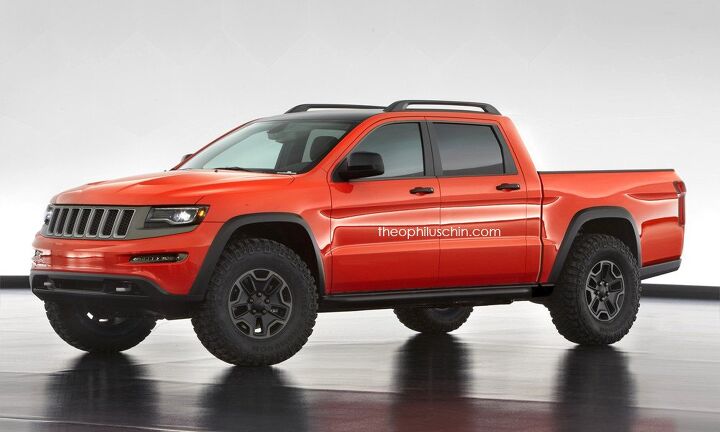


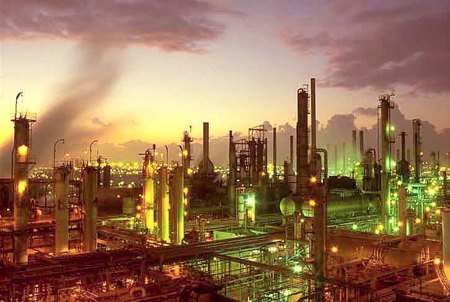

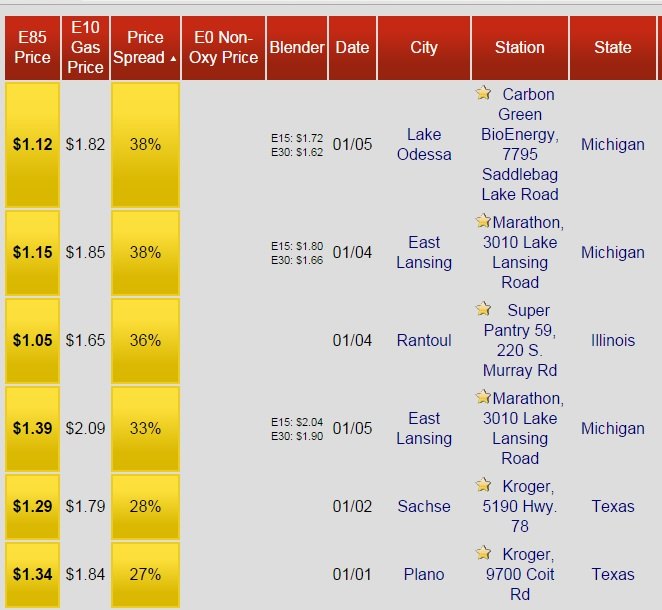
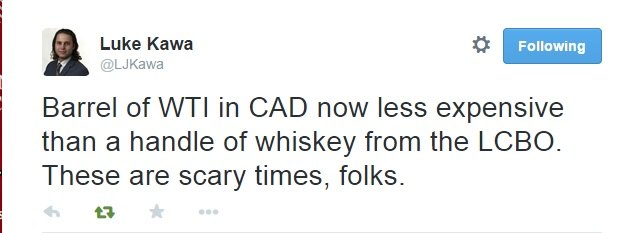
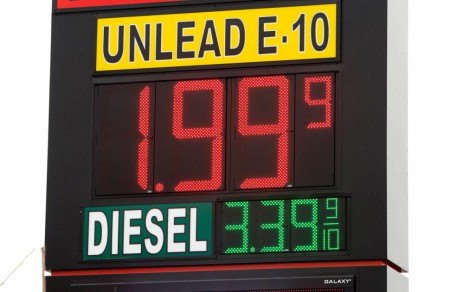















Recent Comments